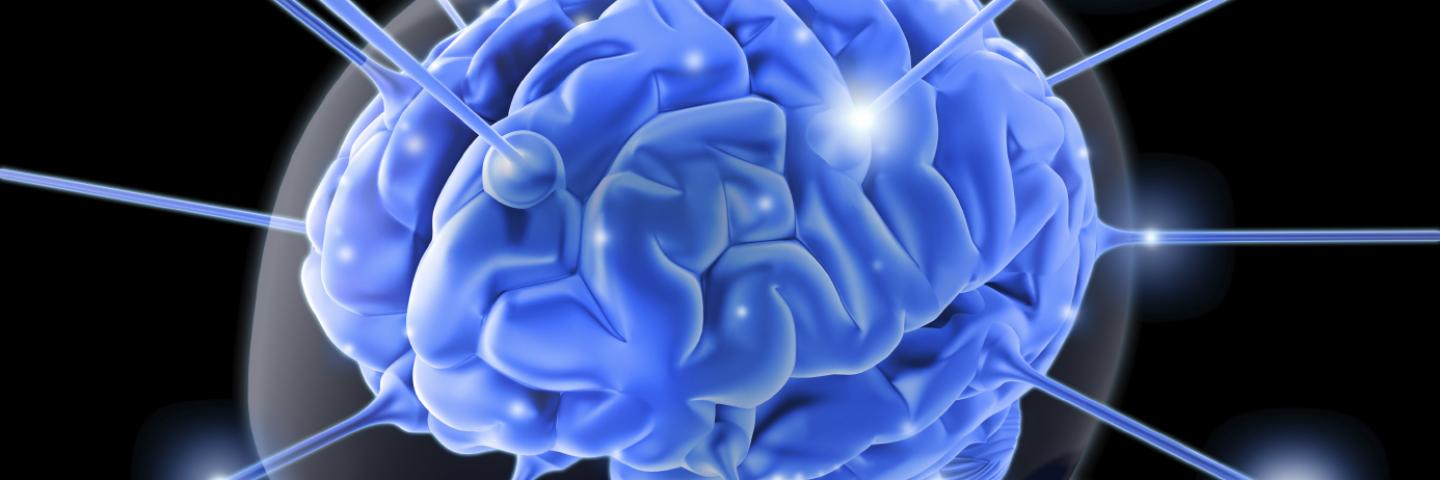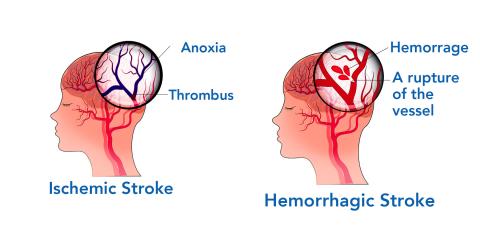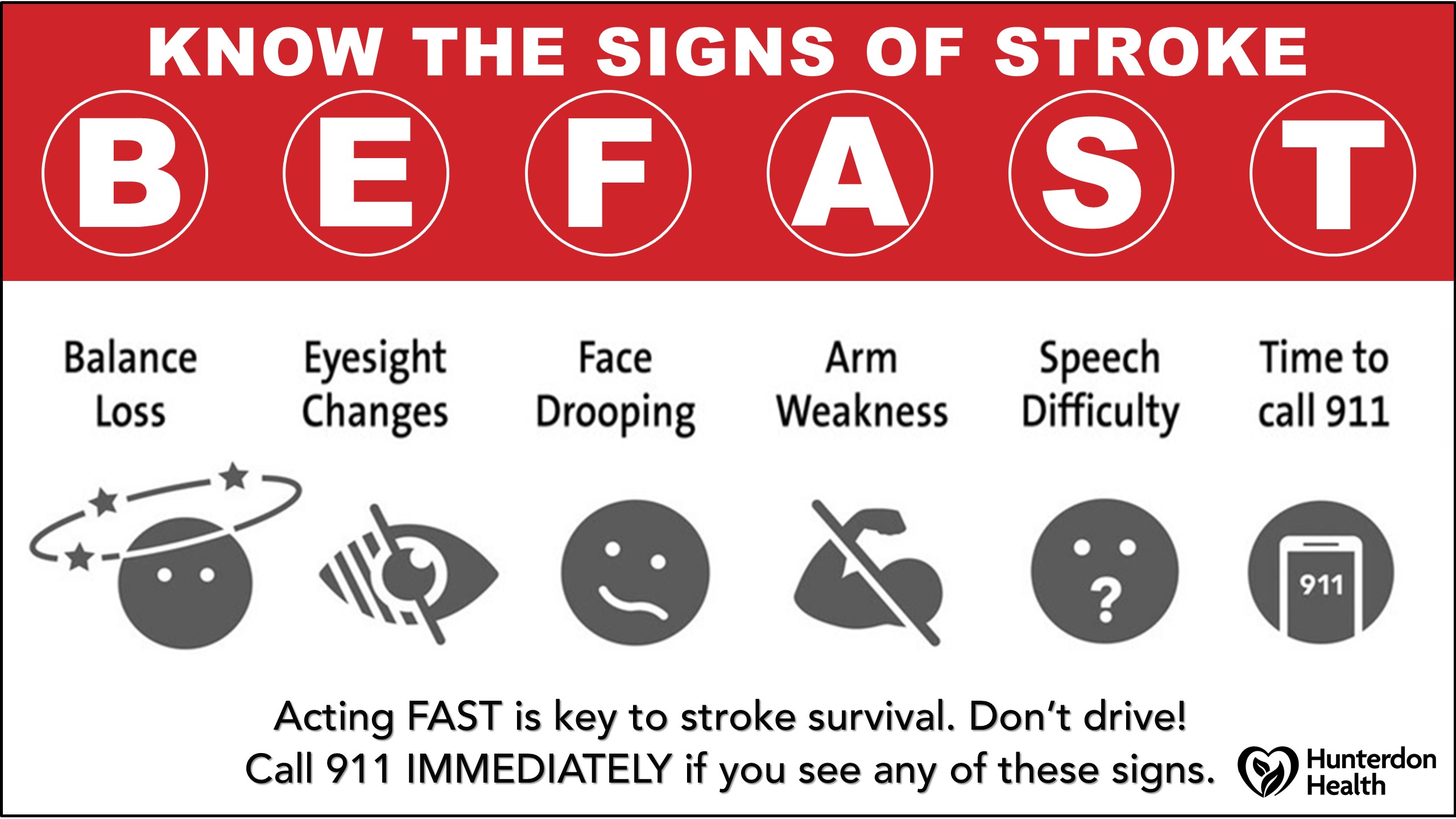
Stroke Program
Hunterdon Medical Center's Stroke Program has earned The Joint Commission’s Gold Seal of Approval® for Advanced Primary Stroke Center Certification and is nationally recognized by the American Heart Association for its commitment to providing high-quality stroke care.
If you or a loved one presented to our hospital with stroke-like symptoms, you may be admitted to our Stroke Program. This webpage will help you understand our program and what to expect.
Our program is made up of many disciplines that will be working with you during your stay, which may include a neurologist or tele-neurologist, physical and occupational therapists, speech and language pathologists, dietitians, pharmacy, case management, and social workers. Your healthcare team will work together to provide you with the best possible care.
Thank you for choosing Hunterdon Medical Center for your healthcare needs.
A stroke is a disease that occurs when a blood vessel that carries oxygen to the brain is either blocked or ruptured. There are two major types of stroke.

Ischemic Stroke Accounts for approximately 87% of all strokes. Occurs when a blood clot or the gradual build-up of plaque and other fatty deposits, stops blood flow to an area of the brain.
Hemorrhagic Stroke Accounts for 13% of all strokes but is responsible for 30% of all stroke-related deaths. Occurs when a blood vessel in the brain breaks, leaking blood into the brain.
A transient ischemic attack (TIA) occurs when blood is blocked to an area of the brain for a short amount of time. TIAs are strong predictors of stroke. This is sometimes known as a mini-stroke.
There are risk factors associated with stroke. It is important to identify your individual risk factors. Review the risk factors that relate to you and ask your healthcare team about ways to reduce your risk of stroke.
Heart Disease: Atrial fibrillation (a rapid, irregular heartbeat) should be treated; talk with your physician about your options.
High blood pressure: Should be controlled and maintained at less than 140/90 mmHg. A different goal may be recommended by your doctor based on your other medical conditions.
Carotid artery disease: Can be treated by surgery, stenting a clogged artery in the neck, or medical therapy.
Smoking: If you smoke, you are putting yourself at a much higher risk for stroke and many other dangerous health conditions. It is important that you quit smoking now.
High cholesterol: Total cholesterol should be less than 200, and bad cholesterol (LDL) should be less than 100. Eat a diet low in saturated fat, cholesterol, and salt. There are also very effective medications available to help lower cholesterol.
Diabetes: Increases the risk for stroke and should be controlled through diet, oral hypoglycemics (medications taken by mouth that lower blood sugar), or insulin.
Obesity: Increases your risk for stroke. You can speak to your provider about weight loss strategies.
Excess alcohol intake: Increases your risk for stroke. Speak to your provider about strategies to decrease your alcohol consumption.
Physical inactivity: Being inactive increases your risk. Speak with your physician about starting an exercise plan.
Other risk factors: Poor nutrition (studies show that 5 servings of fruits and vegetables a day reduce the risk of stroke by 30%), recreational drug use, hormonal therapies, and stress.
Age: Your risk of stroke doubles each decade after the age of 55
Gender: More men than women experience strokes
Heredity: Family history of heart disease or stroke, African Americans, Hispanics/Latinos, and Asians have a higher risk
Prior Stroke: A person who has one or more TIAs is almost 10 times more likely to have a stroke
What to Expect
Antithrombotic: Such as aspirin or clopidogrel help to prevent clots
Cholesterol-lowering medication
Blood pressure medication
Blood thinner
Clot-busting medication: You may receive this within 4.5 hours of the onset of your symptoms
CT scan: A computerized Axial Tomographic Scan is a special X-ray that uses a computer to take pictures of your brain
CTA: This is a CT scan that uses dye to look at your arteries. Tell your healthcare team if you have any allergies to shellfish or iodine
MRI: A Magnetic Resonance Imaging Scan uses magnetic waves to take accurate pictures of your brain
Echo: An Echocardiogram is an ultrasound of your heart
EKG & Telemetry: This is a painless test that uses stickers and wires to help us monitor your heart rhythm
Blood Tests: Blood will be taken to check your cholesterol level, bleeding times, blood count, glucose levels, and electrolytes
Carotid Ultrasound: This is an ultrasound of the carotid arteries in your neck that carry blood to your brain
Physical Therapy: Helps to improve major motor and sensory impairments
Occupational Therapy: Helps to rebuild skills of daily living
Speech Therapy: Helps to restore language skills and swallowing disorders
Reminders for When You Go Home
It is important that you receive routine medical care when you leave the hospital.
- Keep all of your follow-up appointments. Remember to take your medications as prescribed.
- Continue with your rehabilitation treatments to help with your activities of daily living.
- Work with your provider to lower your individual risk factors for having another stroke.
- Remember the signs and symptoms of a stroke and call 911 right away.

Time is Brain! If you or a loved one is having signs of a stroke, call 911 right away!
